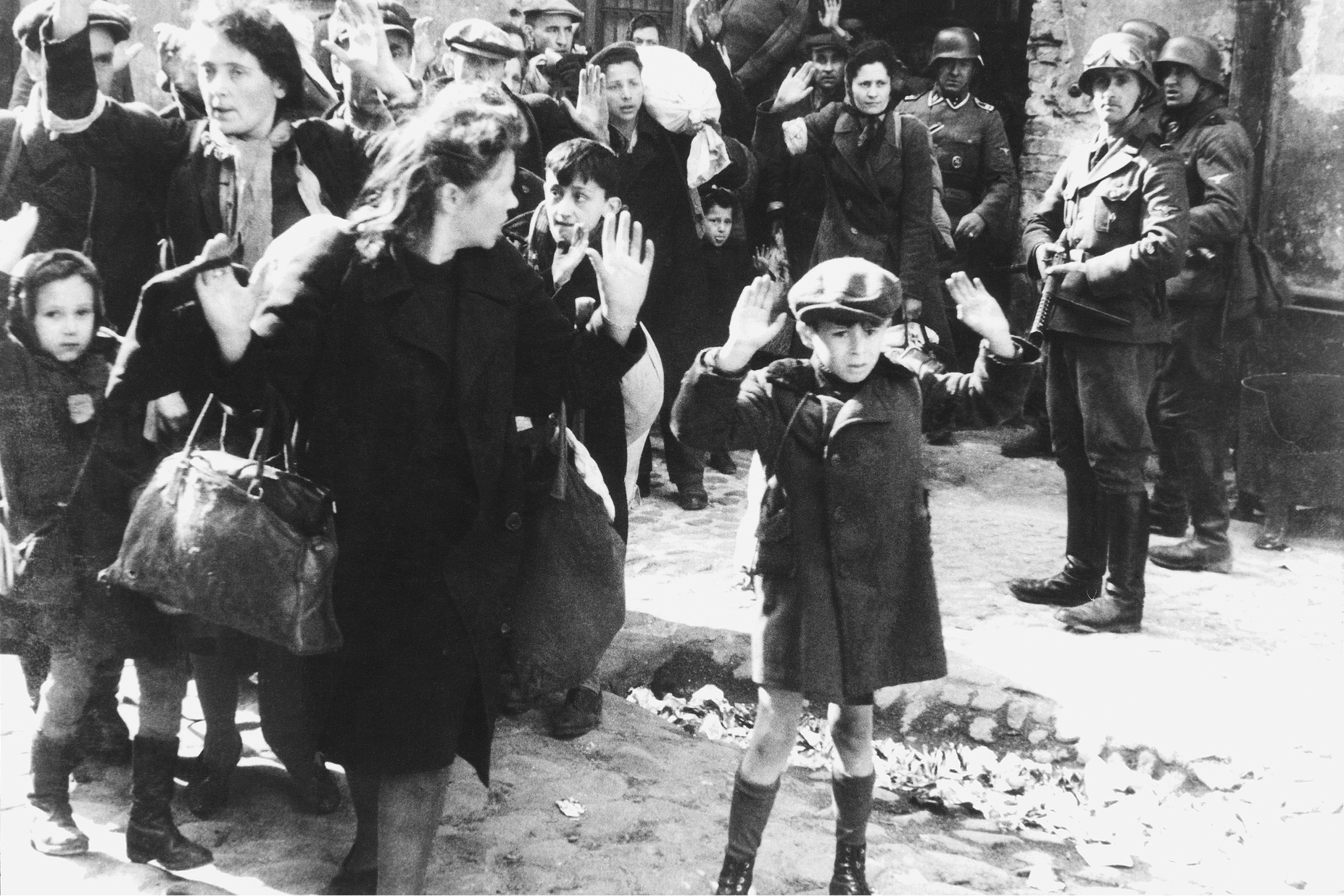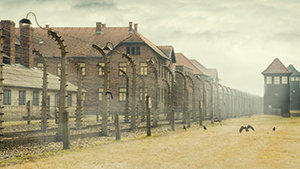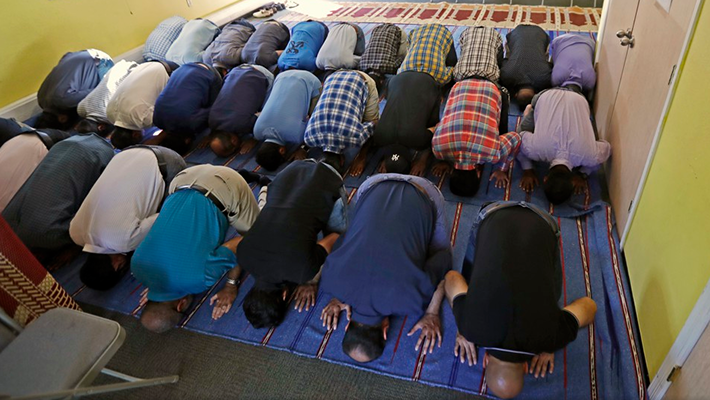
-
HOME
-
WHAT IS STANDOur Mission Our Values Our Help Contact
-
WHAT WE FIGHT FORReligious Freedom Religious Literacy Equality & Human Rights Inclusion & Respect Free Speech Responsible Journalism Corporate Accountability
-
RESOURCESExpert Studies Landmark Decisions White Papers FAQs David Miscavige Religious Freedom Resource Center Freedom of Religion & Human Rights Topic Index Priest-Penitent Privilege Islamophobia
-
HATE MONITORBiased Media Propagandists Hatemongers False Experts Hate Monitor Blog
-
NEWSROOMNews Media Watch Videos Blog
-
TAKE ACTIONCombat Hate & Discrimination Champion Freedom of Religion Demand Accountability
“Indifference to Evil Is Worse Than Evil Itself”—Why You Shouldn’t Look Away
“My good friends, this is the second time in our history that there has come back from Germany to Downing Street peace with honor. I believe it is peace for our time. We thank you from the bottom of our hearts. And now I recommend you to go home and sleep quietly in your beds.”
— British Prime Minister Neville Chamberlain, September 30, 1938
Prime Minister Chamberlain had just returned from his third visit to see then German Chancellor Adolf Hitler in an attempt to avert war. The “solution” to prevent the Nazis from invading Czechoslovakia was to simply let Hitler have that sovereign nation. Waving a signed document after alighting from the flight back to London, Chamberlain applauded “Herr Hitler’s” determination “to continue our efforts to remove possible sources of difference and thus to contribute to assure the peace of Europe.”

We know what happened next. Hitler ignored the agreement and, with Czechoslovakia in his pocket, invaded Poland. Chamberlain, in a five-minute BBC broadcast, announced the beginning of the Second World War. “You can imagine,” he said, “what a bitter blow it is to me that all my struggle to win peace has failed.” He resigned his position as prime minister months later.
How do you look and not see something? There are an infinite number of ways.
Chamberlain wasn’t stupid. He was well aware of Hitler’s intentions, which were made crystal clear nearly 15 years earlier in chapter four of that monster’s best-seller, Mein Kampf. There the future dictator clearly outlines his intended conquest of Europe—not by “pacifist nonsense,” but by “clenched fist.”
Why, then, was Chamberlain so willing to chat with the Fuhrer, dine at his Alpine villa, shake his hand and sign an agreement that may as well have been written in water? Was he that fainthearted? Was he tipsy on the German beer? Or did he just fail to confront the obvious: that he was dealing with an unscrupulous butcher?
What is so difficult about simply looking, seeing—good or bad—and then calling a spade a spade? Apparently, plenty.
Scientology Founder L. Ron Hubbard wrote, “Evil takes a bit of confronting. People who want desperately to ‘have no trouble’ often won’t confront and handle trouble. Murder is murder. It occurs. A murder is not a frightened wish it had not occurred. It occurred. Somebody did it. There’s the body.”
How do you look and not see something? There are an infinite number of ways. You can say it’s something else. You can protest that it’s not really there. You can cloak yourself in intellectual mumbo-jumbo laced with “concern” for both sides.
Or you can simply not care.
By 1938, few Americans were unaware of the plight of German Jews. Though it was common knowledge that the Nazis had stripped their Jewish population of all rights, including the rights of citizenship and education, a poll that year revealed that two-thirds of Americans felt the persecution “has been partly or entirely the Jews’ own fault.”
That is two-thirds of a populace failing to confront an immense and growing evil that would soon engulf the globe in the worst slaughter of human beings perpetrated by other human beings in history. And they avoided confronting it by the simple device of blaming the victim for it.
It’s not so bad, after all, they reasoned, if the victims brought it on themselves.
Evil and indifference to evil go hand in hand. Indifference is the bigot’s best friend, the hater’s permanent get-out-of-jail-free card.
By 1945, the full horror of the Holocaust was an open book—photographed, witnessed, recorded. And yet 95 percent of Americans surveyed that year opposed the lifting of immigration quotas to allow more refugees, with one-third saying the number should be fewer.
Again, if we don’t care, why should we look?
Generations later, a 2020 poll revealed that 7 percent of Americans were “not sure” there even was a Holocaust, 3 percent denied that it ever happened, and 11 percent said the Jews brought it on themselves. In New York—the state with the highest Jewish population—that last number climbs to 19 percent.
Shall we say that 10 to 21 percent of Americans—some 30 to 60 million souls—were poorly educated about a calamity that happened right next door to their lifetimes? Or is that another way of not looking at a very real problem, the problem of antisemitism?
“There is no doubt that Holocaust denial is a form of antisemitism,” said Deborah Lipstadt, America’s Special Envoy to Monitor and Combat Antisemitism, warning of the consequences “when we fail to actively remember the facts of what happened.”
“Failing to actively remember” is yet another proven method in the Non-Confronter’s Guidebook. There are ways—so many ways—NOT to look. So many ways to dither, to temporize, to simply not be “involved”—rather than actually look and see the bloodied corpse and acknowledge its existence. These methods of avoidance and non-involvement, though they come in different packages, expressed in different words, all come under the same heading: indifference.
Evil and indifference to evil go hand in hand. Indifference is the bigot’s best friend, the hater’s permanent get-out-of-jail-free card. Those who can’t or won’t acknowledge absolute card-carrying hate—even when it’s right there in front of them in 3D technicolor—are just as much to blame for allowing it to happen in our otherwise beautiful world as the hater is for performing the actual bigotry. And we all reap the whirlwind.
Rabbi Abraham Joshua Heschel said, “Indifference to evil is worse than evil itself.” To which one might add, “The cure to evil and indifference is to simply look and not turn away.”
As Mr. Hubbard wrote: “Look. See what you see, not what someone tells you that you see. What you observe is what you observe. Look at things and life and others directly, not through any cloud of prejudice, curtain of fear or the interpretation of another.”
Imagine if enough people at the right time had looked—REALLY looked—at the Hitlers, the Pol Pots, the apartheidists, the Klansmen and any of the rest of the small-minded haters of the world.
Better yet, don’t imagine it. Just recognize evil and hate as wrong when you see them.
And don’t turn away and don’t let others turn away.
It’s that simple.









